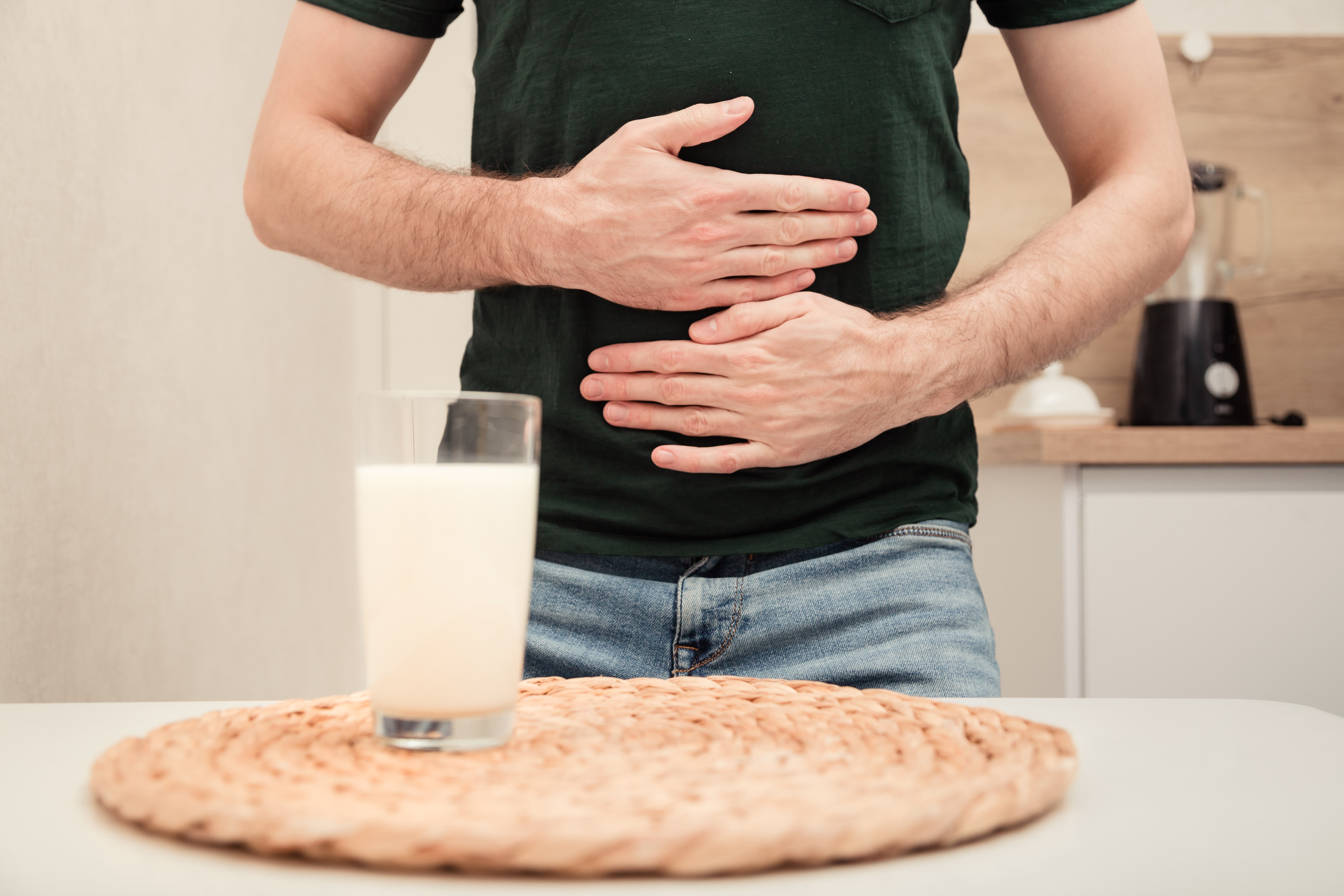What is constipation?
Constipation is a common disorder and can present with a variety of symptoms including the passing of hard, dry bowel movements (stools) that may be infrequent or difficult to pass. There are a range of causes of constipation, some include a change of routine, not eating enough fibre, not drinking enough fluids and lack of exercise.
What are the symptoms of constipation?
- Needing to empty the bowels less often
- Straining to pass movements
- Hard, dry stools that may be painful
- Sitting on the toilet much longer than usual
- A sensation that bowel is not fully emptied
- Abdominal cramps
- Abdominal bloating
What are the causes of constipation?
There are a range of medical and lifestyle factors that can all attribute to constipation.
Lifestyle causes of constipation
- A change in routine – bowel movements depend on regular and rhythmic bowel contractions, which is part of the internal ‘body clock’. When our regular routine is thrown out such as when travelling or in shift work, constipation can result.
- Low fibre – fibre is the bulk of faeces which makes it more easily moved along the digestive tract. There are two types of fibre, soluble and insoluble, soluble fibre helps soften faeces and insoluble fibre adds bulk. Sources of soluble fibre include fruits and vegetables and insoluble fibre include wholegrains and cereals.
- Inadequate water intake – water is absorbed by fibre after digestion, which in turn helps faeces move through the bowels. A high fibre diet can result in constipation if not enough water is consumed.
- Medications – some medications such as codeine, iron supplements and anti-depressants are linked to constipation.
- Pregnancy – changing hormones, reduction in activity and pressure on the uterus can all result in constipation during pregnancy.
- Ageing – Constipation is common in elderly people due to a range of things such as medication and reduced internal muscle movements.
Medical causes of constipation
- Hernia, obstruction, tear or fissure – a range of medical problems in the bowel or rectum may cause pain or make passing movements more difficult, resulting in constipation
- Abdominal or gynaecological surgery – combining codeine containing analgesics with post-operative pain and a change in routine from these types of surgery can all attribute to constipation.
- Irritable bowel syndrome – this syndrome can be characterised with bloating, pain and in can cause diarrhoea and or constipation.
- Tumour or disease – pain while trying to pass a stool may be a sign on rectal cancer. Various disease such as diabetes, hypothyroidism or diseases of the central nervous system such as multiple sclerosis all are associated with increased likelihood of constipation.
How can I maintain a healthy digestive system or treat constipation?
For cases of chronic constipation, it is important to seek medical advice. Speaking to your pharmacist at your local Star Discount Chemist about your medications, diet, exercise and lifestyle may help to determine the cause of your constipation. Treatment of constipation depends on the cause and can include:
- Drinking more fluids – liquids can help prevent or ease constipation, it is important to restrict the intake of diuretic drinks such as alcohol, tea and coffee.
- Dietary changes or fibre supplements – getting the right amount of fibre may help to prevent or ease constipation in some people. Around 30gs per day is recommended by dietitians.
- Exercise – Aiming for around 30 minutes of exercise per day can help to improve bowel movements in some people.
- Laxatives – when used properly, laxatives can greatly relieve mild or even chronic constipation.
- Treatment for an underlying disorder – In people who have a disorder as a cause of their constipation, treatment such as surgery, hormonal replacement or anaesthetic cream may be required.
References
https://pubmed.ncbi.nlm.nih.gov/17643910/https://www.betterhealth.vic.gov.au/health/conditionsandtreatments/constipation



